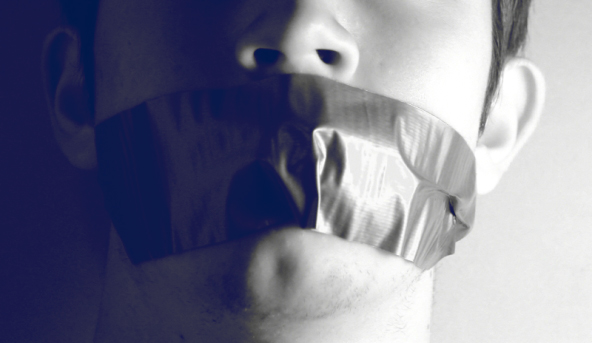Legal Center: Ohio law violates non-profit journalists’ right to investigative and report on political campaigns
Columbus, OH – The 1851 Center for Constitutional Law today moved to enjoin an Ohio statute that forbids undercover investigation of political campaigns by nonprofit journalists. The legal action was brought on behalf of Project Veritas, a national nonprofit investigative journalism organization, and its president and founder James O’Keefe.
In 2018, a Democratic consulting firm filed an Ohio Elections Commission complaint against Project Veritas and O’Keefe, alleging that the nonprofit and its founder violated the reporting restriction through undercover investigation of the Strickland and Clinton campaigns in Ohio. The OEC sided with Project Veritas due to procedural rules, but left open the possibility of punishing journalists for similar undercover reporting in the future.
“State and federal constitutions were written to limit government and protect citizens from it,” said 1851 Center Executive Director Maurice Thompson. “Ohio’s reporting restriction turns these constitutional guarantees upside down. While elected officials claim the authority to violate our privacy at an unprecedented level, Ohio’s political class simultaneously insists upon protection from the scrutiny of investigative journalism.”
Pursuant to R.C. 3517, those who go undercover within political campaigns to acquire and report information without the approval of the campaign are subject to prosecution, incarceration and fines, even if their motive is to provide truthful and useful information to the public. The 1851 Center is asking the United States District Court for the Southern District of Ohio to declare this enactment unconstitutional.
The 1851 Center’s complaint and motion for preliminary injunction assert that the state’s reporting restriction violates investigative journalists’ freedom of speech and expression by restraining and punishing meaningful political journalism, explaining as follows:
· The freedom of the press protected by the First Amendment includes the right of every citizen to record and report on government officials and candidates, even (and especially) without consent.
· Politicians and public officials have no right to special protection from being recorded when they are on the job or campaigning for office, especially given that no other entity, business or individual in Ohio enjoys such protections.
· The Reporting Restriction impermissibly punishes reporting facts learned when undercover within political campaigns, even when those facts are entirely true and helpful to the public.
“There is no such thing as a justifiable secret in a political campaign,” said Thompson. “In an age where political campaigns maintain the power to deceive without meaningful scrutiny from traditional media, the need for undercover investigative journalism has never been greater.”
The Supreme Court quoted James Madison in New York Times v. Sullivan for the proposition that “the censorial power is in the people over the Government, and not in the Government over the people.”
Read the 1851 Center’s Complaint HERE.
Read the 1851 Center’s Motion for Preliminary Injunction HERE.
###
The 1851 Center for Constitutional Law is a nonprofit, nonpartisan legal center dedicated to protecting the constitutional rights of Ohioans from government abuse. The 1851 Center litigates constitutional issues related to property rights, regulation, taxation, and searches and seizures.

